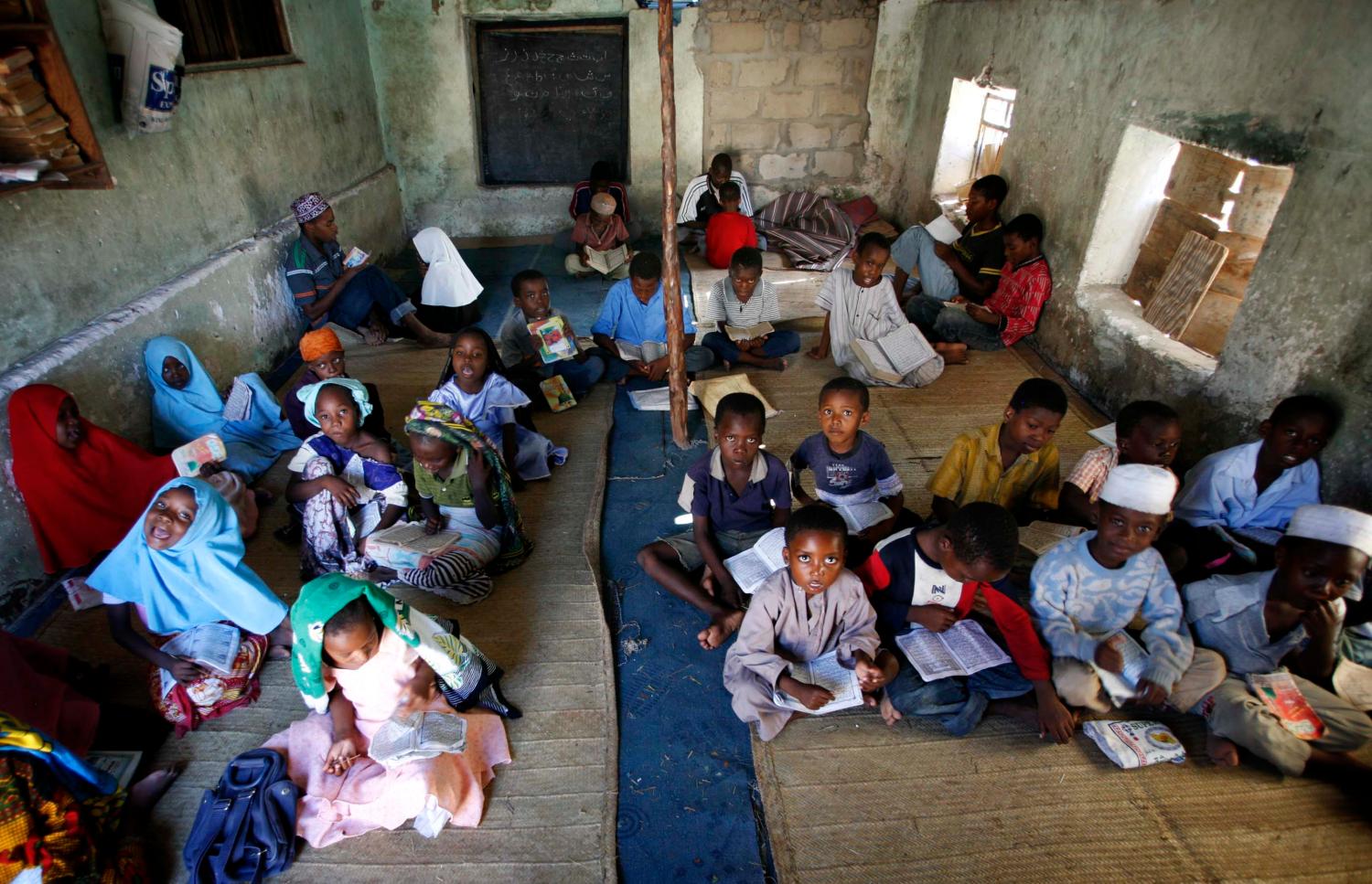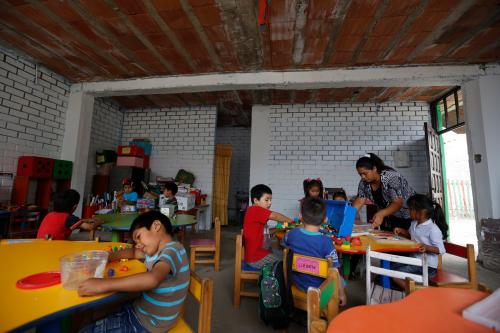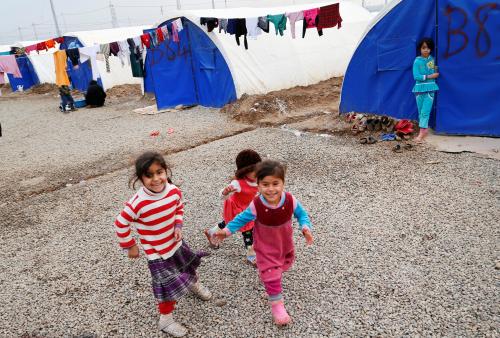The substantive work on this report was completed in October 2016.
The Measuring Early Learning Quality and Outcomes (MELQO) initiative aims to improve early childhood education worldwide through measurement of children’s development and learning and the quality of learning environments. Led by UNESCO, UNICEF, the World Bank, and the Center for Universal Education at the Brookings Institution, MELQO comprises an international consortium of individuals and institutions working to improve outcomes for young children by making early learning assessment more accessible around the world. MELQO’s measurement modules propose a core set of items with relevance across countries, with the goal of devising items that are globally comparable but locally adaptable.
While approaches to measuring early childhood development and learning have been developed across countries, less attention has been placed on coordinating across instruments to improve the efficiency of measurement, or on using the modules at scale across countries or regions, especially in low- and middle-income countries. MELQO builds on the strengths of measurement initiatives that have already been developed through the following activities:
- Bringing together and building upon existing regional early learning and quality assessments;
- Identifying core items across instruments to build regional and global comparability, using the most promising, technically robust, and feasible approaches for measurement, especially for low- and middle-income countries;
- Working closely with national stakeholders to map their existing assessment efforts and ensuring that the modules are informed by national perspectives and research;
- Providing guidance to countries on how to move from prototype piloting to implementation at scale by assessing the institutional
changes needed and the cost involved;
Designing modules to help governments take measurement to scale to integrate within existing data systems and develop policies that improve early learning environments and outcomes;
Making all modules and manuals open-source and freely available and providing technical guidance to users.
The assessment modules are designed for use by national governments, teachers, and school administrators and can be administered by someone with limited training. The emphasis is on producing data that can be used to improve the quality of learning environments and children’s development and learning through links with national curricula, quality standards, and teacher/parent support and training. If a sufficiently large number of countries adopt the modules and report on results, the data will also help in regional or global tracking of children’s readiness for school.
Two technical advisory groups have been formed through MELQO, one developing a Measure of Development and Early Learning (MODEL) and another developing a prototype Measure of Early Learning Environments (MELE). The technical groups were first asked to identify constructs of interest and then, based on inventories of items used in existing modules, were asked to identify items that were viewed as being especially valuable or reliable in diverse settings. The goal for both the MODEL and MELE modules is to obtain reliable evidence establishing validity, including predictive validity.
As noted above, the purpose of MELQO is to improve the efficiency of measurement by providing a core set of items that can be used in any country. The items were selected as a starting point for testing and adaptation within countries. Because much of the research to date on predicting children’s school achievement comes from a small number of high-income, Western cultures, it is anticipated that some of these constructs and items will not be relevant in all settings while others will be useful across countries. As part of the validation process, information on how relevant the items are across contexts will be collected and used to modify the modules over time.
Purpose of the institutional assessment
The MELQO modules are intended to be integrated into existing national monitoring and evaluation systems. This institutional assessment was undertaken to understand the current policies, curricula, standards and monitoring and evaluation systems for pre-primary education in Tanzania. The information from this analysis was used to adapt the MODEL and MELE modules to meet the needs of the Tanzanian context.
Download the full report
The Brookings Institution is committed to quality, independence, and impact.
We are supported by a diverse array of funders. In line with our values and policies, each Brookings publication represents the sole views of its author(s).




